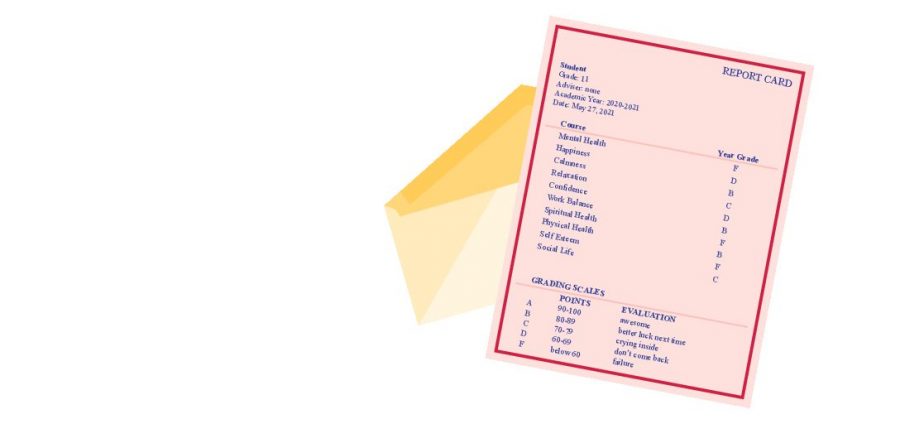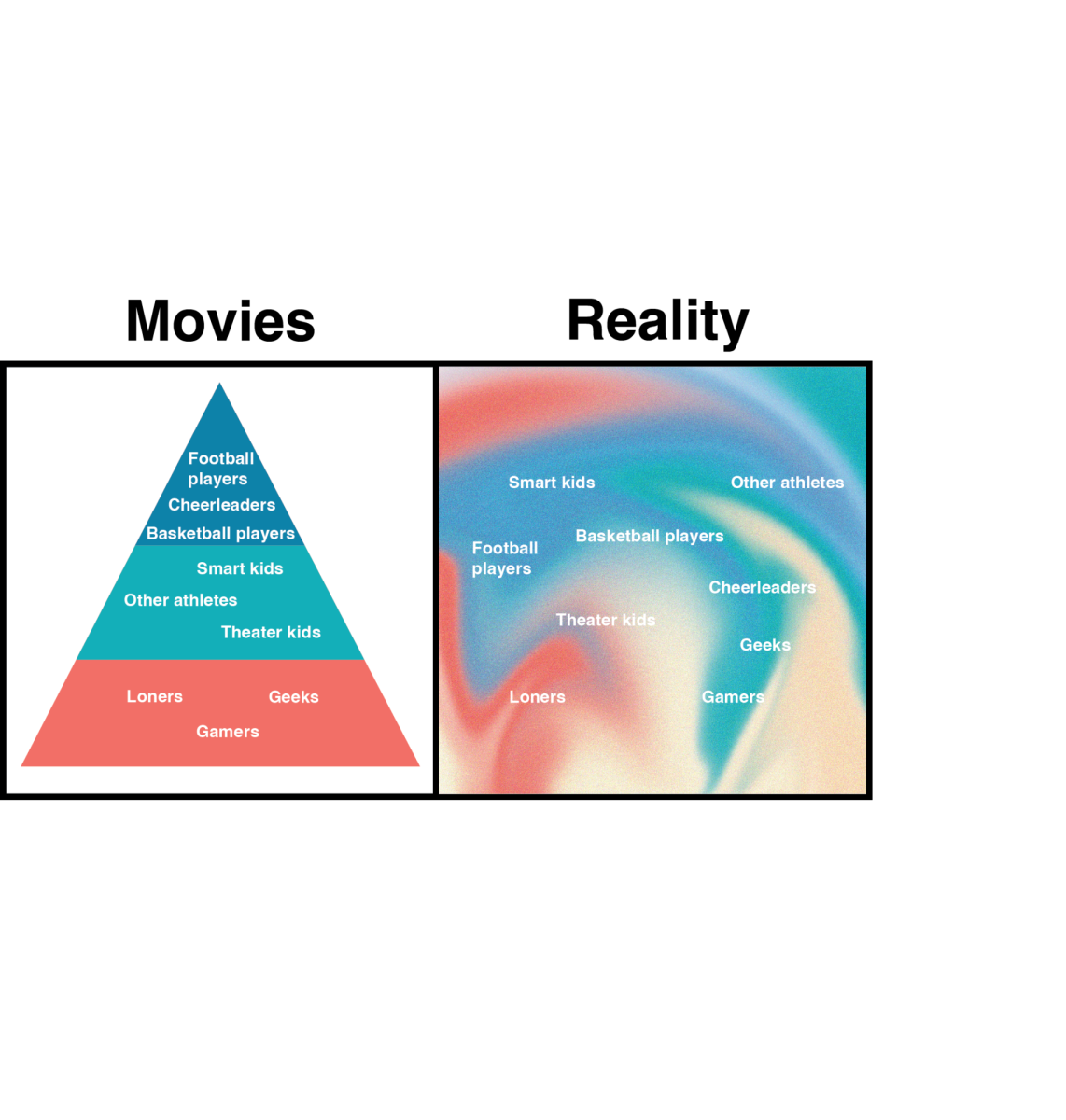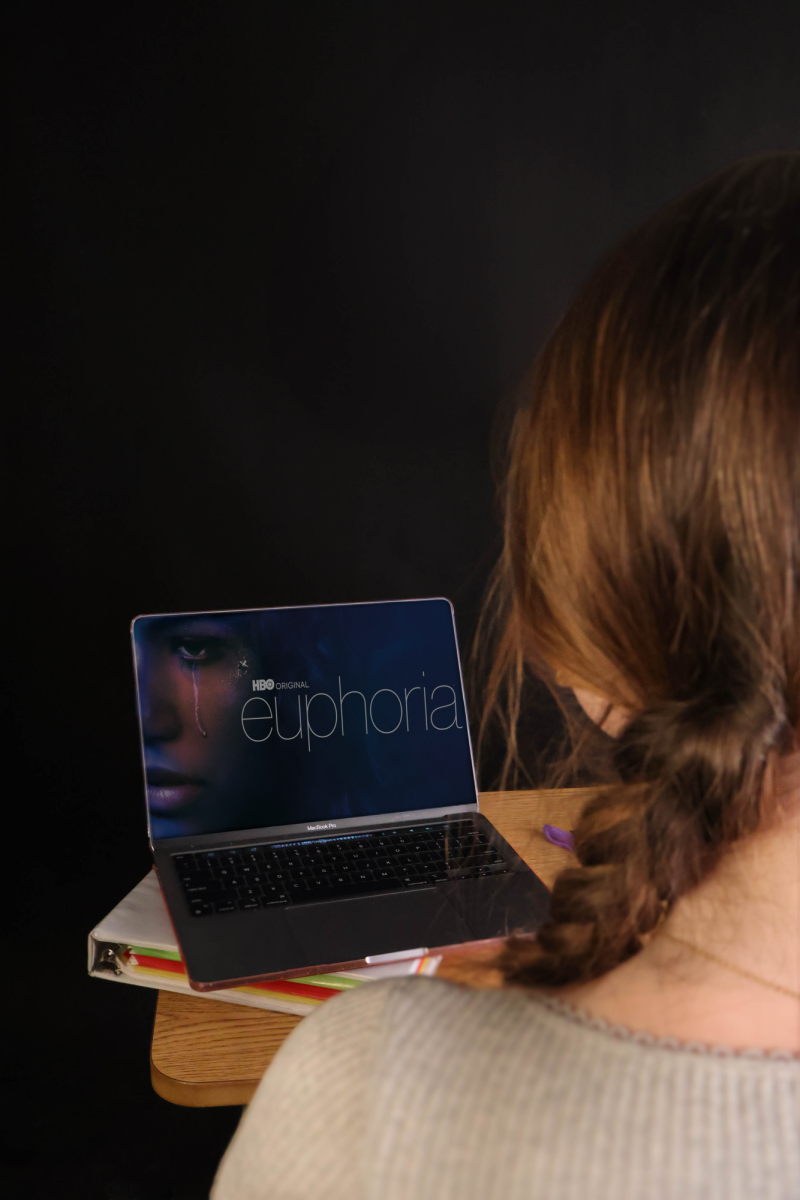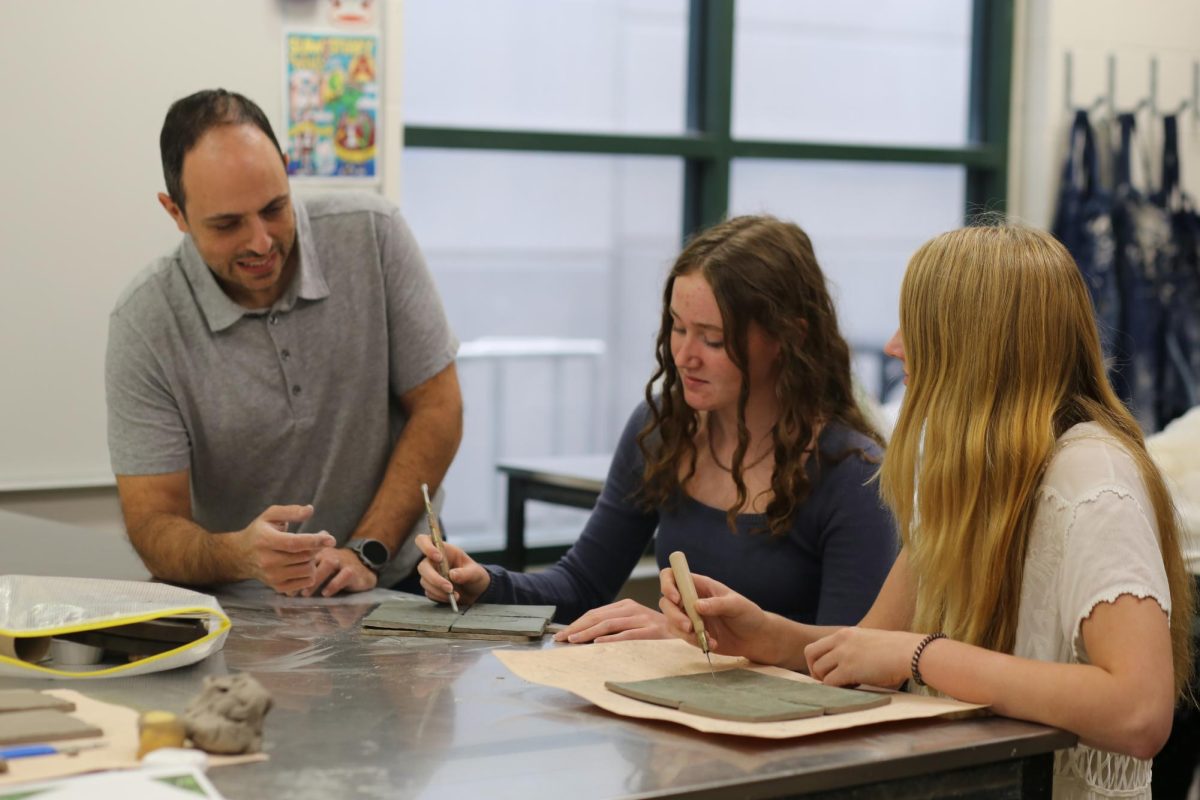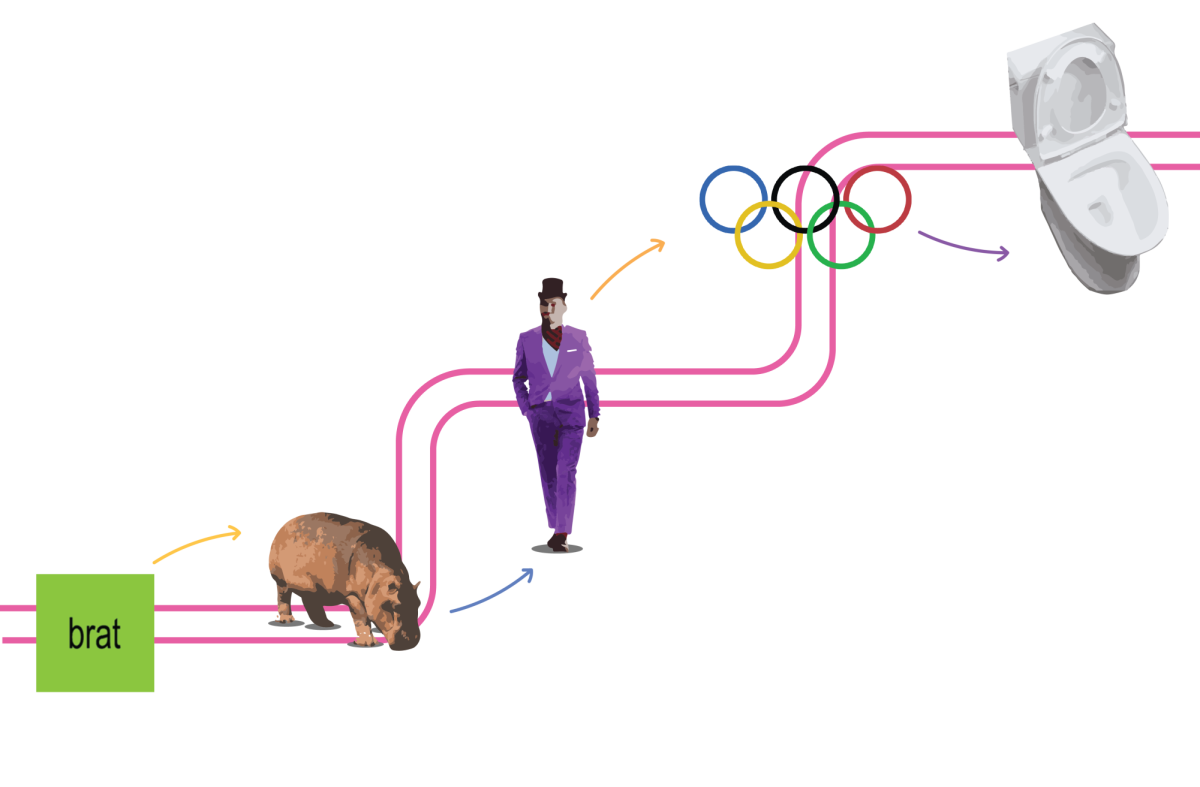A student sits in their car, leg shaking nervously and heart beating out of their chest. Anxiously, they open the door, put on a mask, and walk out; they are back at school for the first time in 17 months.
Whether a student attended school online or in person, the last 17 months have had a profound impact on every aspect of teenagers’ lives. The pandemic has taken a toll on the social and mental development of children, and caused many to fall behind in their studies.
According to the Kaiser Family Foundation, in May 2020, after the pandemic began, 29% of parents said their child’s mental or emotional health was already harmed, and by October 2020, 31% of parents said their children’s mental or emotional health was worse than before the pandemic.
The loss of a routine – a central symptom of the pandemic – was particularly disruptive to children’s mental health. For many, the loss of a routine also resulted in an increase in loneliness and isolation.
Junior Saad Saeed spent his 10th-grade year at home and felt these negative impacts. In the months spent in quarantine and going into school, he noticed a shift in his behavior.
“As time went on and the summer turned into the start of the school year, I found myself staying up later and later, seeing the sun less and less, and losing motivation by the day,” Saeed said.
As the days began to blend together, he was becoming, in his words, just so lazy. Without much of a routine, Saeed fell into an unhealthy lifestyle. But he wasn’t the only one with this experience – research shows that it was shared by many teens, both at home and in person in the last year.
Inside Higher Ed reported that lifestyle routines were taking a turn for the worse. Out of a group of 2,002 remote college students that were surveyed, 45% fell into less structured eating routines and 33% are getting less sleep.
Saeed said that recovering from these disruptions was just as challenging as students started school in-person. The return presented students a new set of problems, more stressful than the ones faced while quarantined, in the form of shifts in student behavior and interaction.
On top of this, guidance counselor, Christine Hempstead, said there was added stress when coming to school in-person due to the fear of being contact traced or contracting COVID-19.
“From a health perspective, [COVID-19] really did make them anxious and afraid they were going to get it if they left their house,” Hempstead said.
People also had lots of uncertainty about social situations: worrying about whether or not they would have friends and how they would interact after so much time apart.
Junior Paola Riestra, who attended school in-person last year, said her biggest struggles started after the first hiatus when school went completely online after spring break in 2020.
“During quarantine it felt like [9th grade] didn’t matter, it felt like it didn’t even matter if you got to class on time or showed up at all,” Riestra said.
Accustomed to this laid-back attitude coming into her sophomore year, she said she felt inadequately prepared to learn and adjust back into the school routine. These worries were later confirmed as everything from her learning to her sleep was affected. She also saw her friends developing similar problems.
“We had developed systems to keep going during the pandemic and when we returned to school, they just weren’t working,” Riestra said.
It soon became obvious that the habits developed during the pandemic weren’t holding up at school. The daily routine just wasn’t the same. While feeling the effects from the quarantine, students also had to juggle friends, a new grade, and a new routine. The buildup of these issues was too much for students to handle.
Since Saeed and Riestra have been back at school, they’ve been experiencing the slightest effects frvom the quarantine and 2020-21 school year. But even with all the stress and problems, they are looking towards the positive. Saeed said multiple times that staying home helped him realize he needed a better lifestyle and how he has been working on it.
“It’s been nice to help us prioritize what’s really important in our lives and it’s highlighted our stressors. If we acknowledge those stressors, we have a better shot at dealing with them,” guidance counselor Rylan Smith said.




